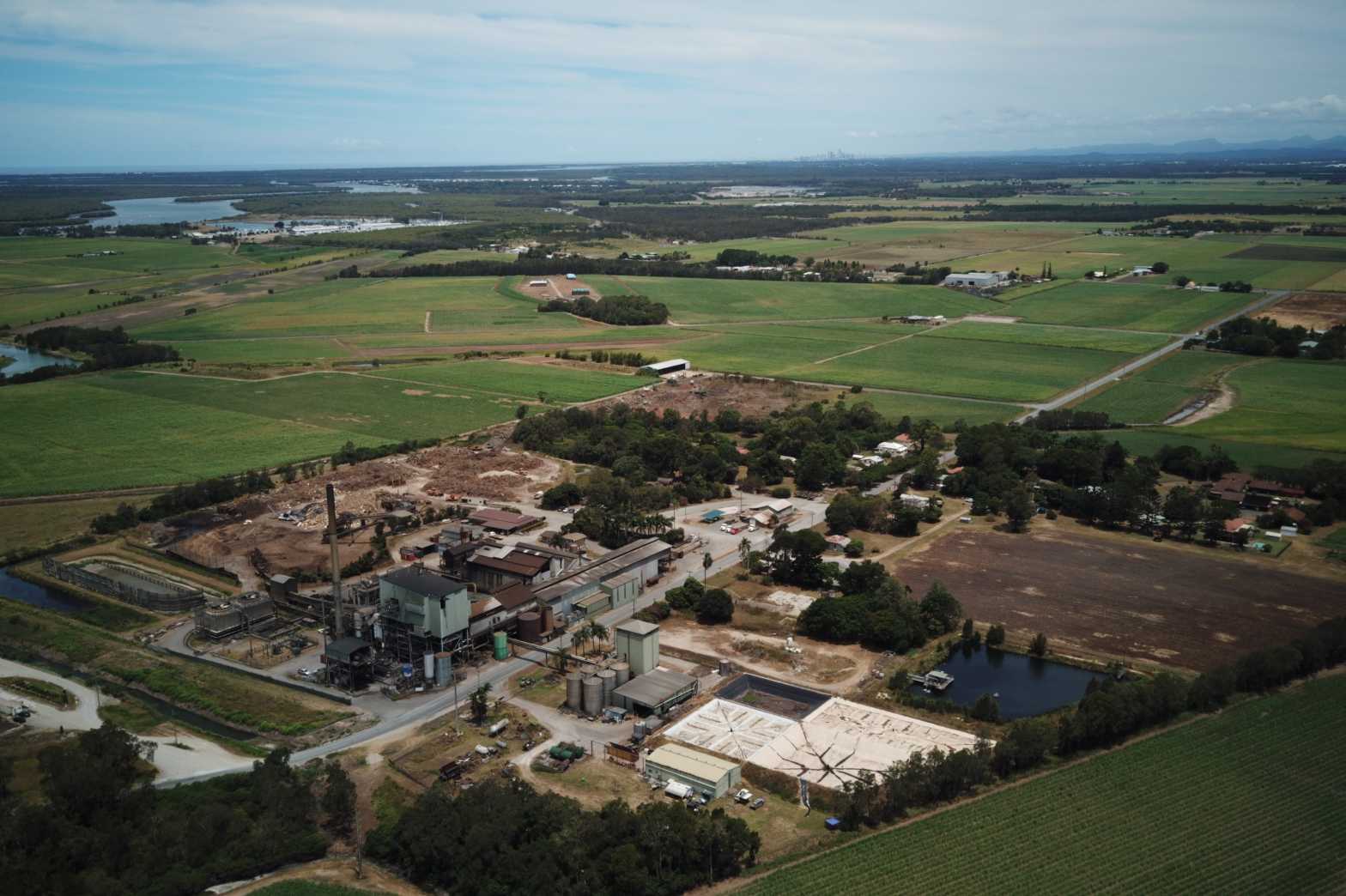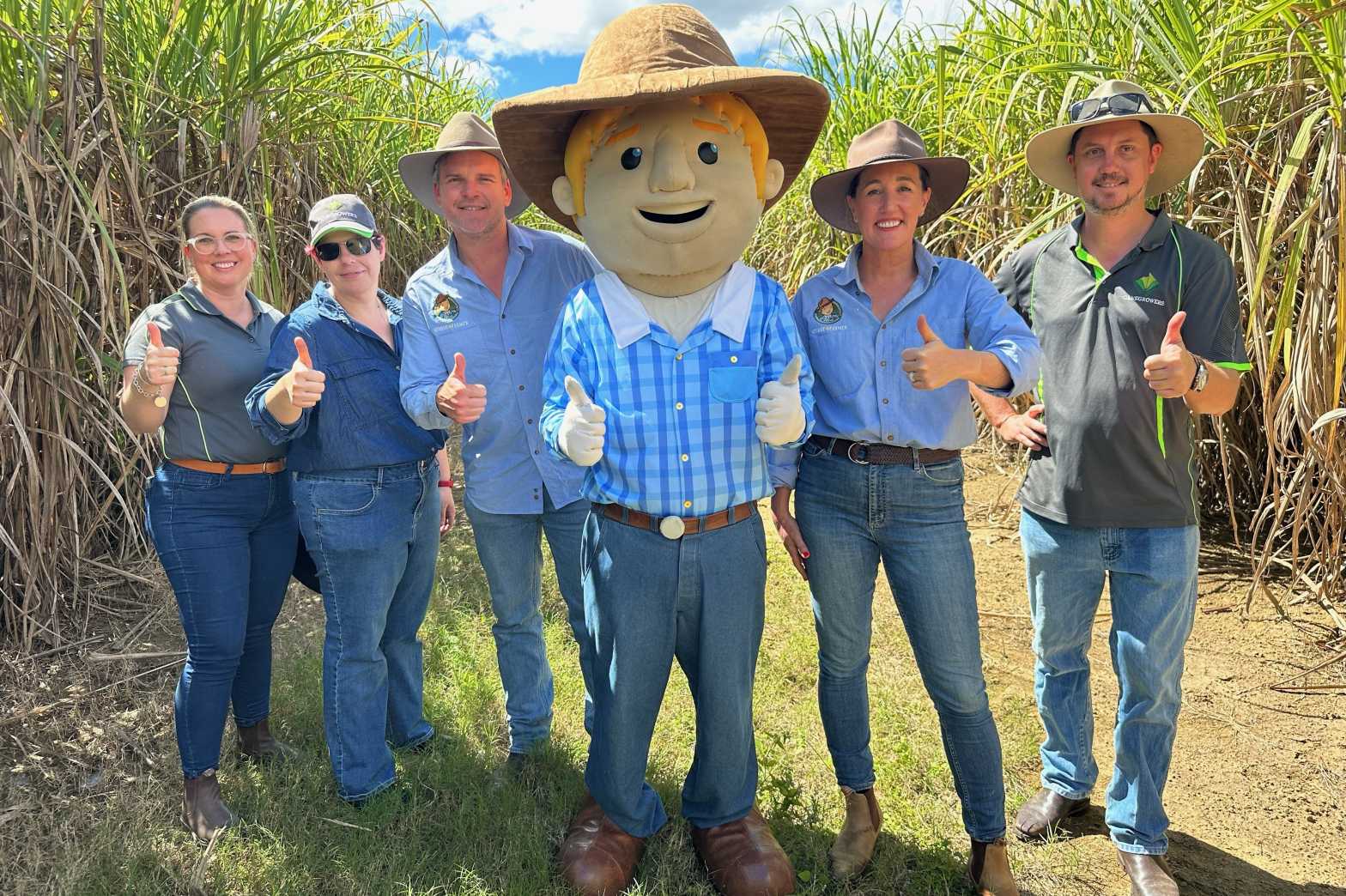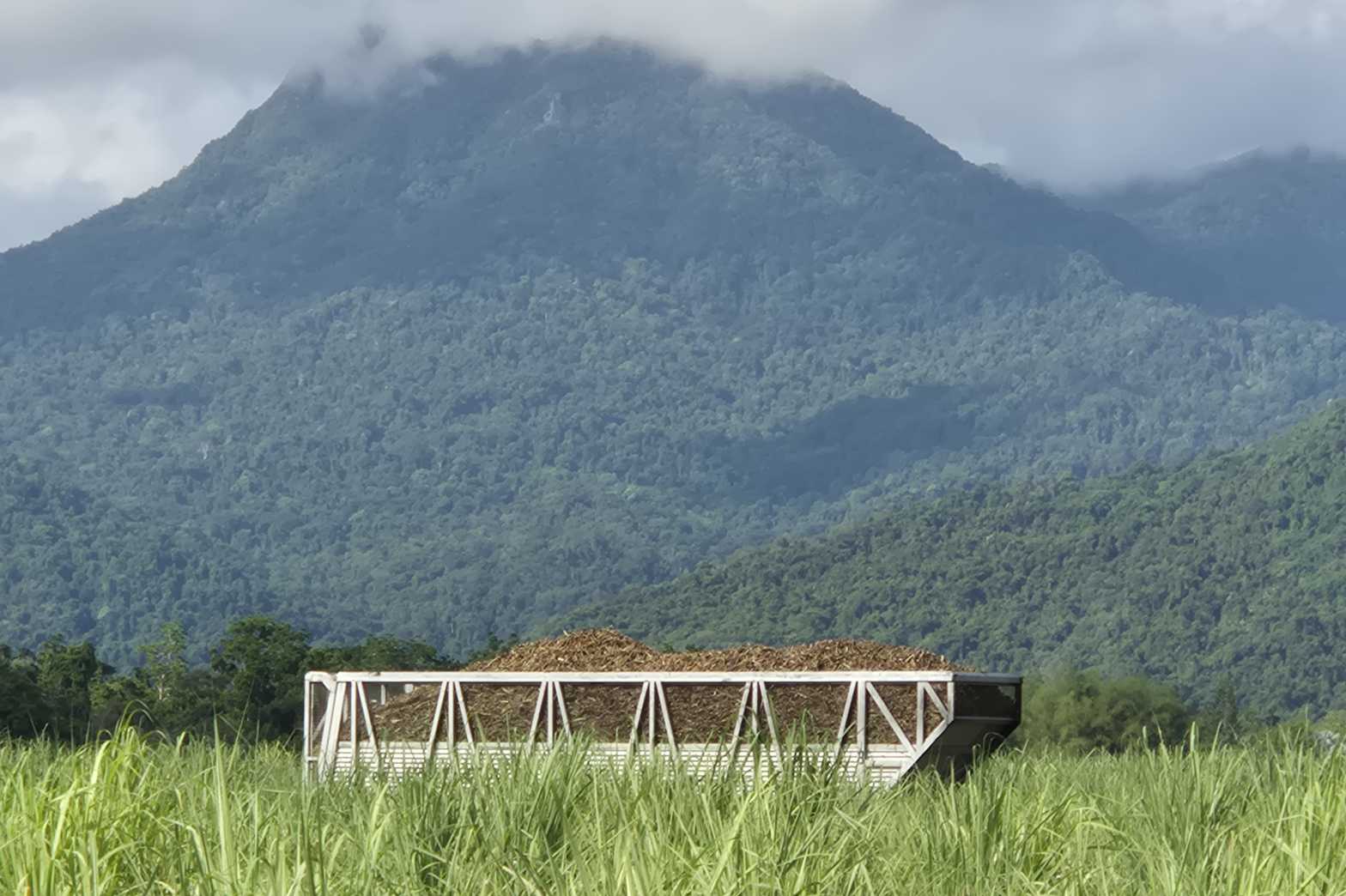Key failings in the way governments have approached policy to assist the Great Barrier Reef have been exposed by the sugarcane growers’ organisation CANEGROWERS at a Senate inquiry in Brisbane.
Grower representatives from eight CANEGROWERS district organisations along with state CANEGROWERS Chairman Paul Schembri have appeared before the committee over the past two days, leaving their farms during the busy harvest season.
“The depth of feeling about this issue among growers is so great that, even with limited flights and the fact that this is the busiest time of year, they felt they had to attend when the committee decided to only take submissions in Brisbane,” CANEGROWERS CEO Dan Galligan said.
“We wanted the Committee members to know that growers are committed to efforts to understand and, where necessary, better manage the interactions between farming and water quality in the catchment,” Mr Galligan said. “But the Queensland Government’s escalation last year of its regulation on farming in reef catchment areas has exposed significant deficiencies in the way governments develop policies.”
CANEGROWERS has made four key recommendations in its submission to the Senate inquiry:
> Remove the regulatory burden on growers and adopt long-term support for on-farm innovation;
> Restore growers’ confidence in policy through a review of the way the science used to justify it is managed and scrutinised;
> Ensure water quality targets are credible and realistic; and
> Develop trustworthy methods for evaluating improvements in farm practices and water quality.
“Fundamental to our concern is that the cane industry has been regulated for 10 years and there is no evidence that this heavy-handed approach is driving any meaningful change in the industry,” CANEGROWERS Innisfail Chairman Joe Marano said. “What has been driving change is our best management practice program, Smartcane BMP, and other projects which have focused on and worked with growers.
"A blunt regulatory strategy risks eroding this spirit of cooperation and, because of flaws in its design and intent, risks the future of the sugarcane industry.
A CANEGROWERS analysis has found the Queensland economy would suffer a $1.3 billion hit if the Queensland Government proceeded with the underlying intent of its regulations to push nitrogen use by sugarcane growers down 30% below industry best practice levels. Read more about the report here.
“This misguided intent to push nitrogen use below best practice levels is behind reef targets, programs and report cards that are rolled out by governments,” CANEGROWERS Herbert River Chairman Michael Pisano said.
“It puts the future of our industry and communities at risk with no direct evidence it would be of any benefit to the Reef.”
In addressing the science used by government to justify the regulations, CANEGROWERS is advocating for a review and overhaul of way that research on Great Barrier Reef water quality is funded, managed, scrutinised and used to develop policy.
“We want a more open and robust process around the research, free of political interference,” CANEGROWERS Burdekin Chairman Phil Marano said. “Growers have shown a willingness over past decades to engage in environmental and sustainability programs where the approach is open cooperation and collaboration – and these are achieving results.”
CANEGROWERS is also calling for an independent review of the seriously deficient Paddock to Reef program of the Queensland Government which purports to assess industry progress towards water quality targets.
“The current process undervalues and seriously underestimates growers’ achievements by only looking at activity within government programs,” CANEGROWERS Mackay Chairman Kevin Borg said. “This leads to a distorted view of reality and the incorrect claim that change is not happening fast enough, and regulation is necessary.”
CANEGROWERS believes addressing all of these issues will rebuild the confidence of the community, and growers, in the design and implementation of measures to address impacts on the Reef.



